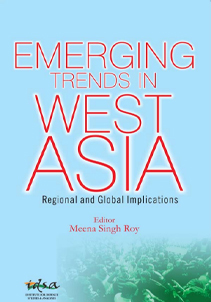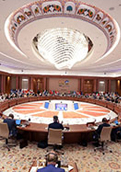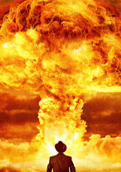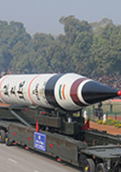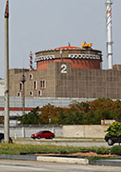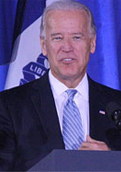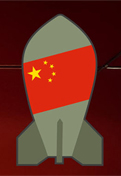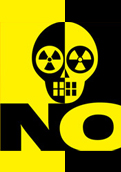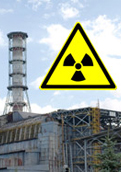Emerging Trends in West Asia: Regional and Global Implications
- Publisher: Pentagon Press
The book provides an in-depth assessment of socio-political, economic and strategic trends unfolding in West Asia. It also explores options for India to enhance existing relations with the West Asian region in a much more meaningful manner. The complexities of West Asia have been systematically explored by scholars, diplomats and specialists to advance the understanding of West Asia's political and strategic architecture.
- ISBN 978-81-8274-771-5,
- Price: ?. 995/-
- E-copy available


